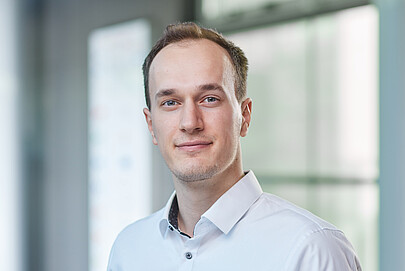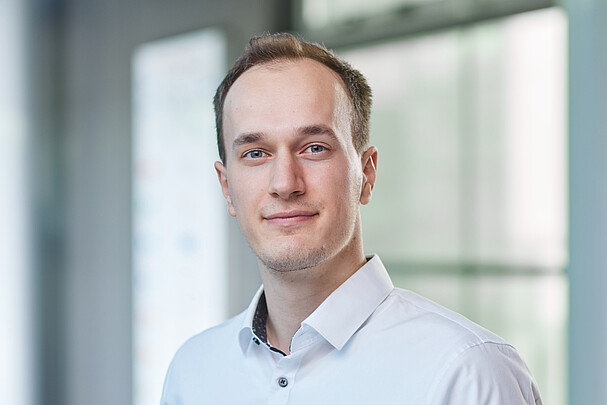


The Cluster of Excellence SE²A is an interdisciplinary research project with the aim of exploring technologies for the sustainable and environmentally compatible development of air transport. In the cluster, scientists from the fields of aeronautics, structure and design, electrical engineering, energy technology and thermodynamics work in close cooperation on the reduction of emissions, the reduction of noise pollution, the recyclability of air transport systems and the further development of air traffic management. In addition to Leibniz Universität Hannover, the TU Braunschweig (TUB), the German Aerospace Center (DLR), the Braunschweig University of Fine Arts (HBK), the Physikalisch-Technische Bundesanstalt (PTB) and the TU Delft (TUD) are involved in SE²A.
Background
In subproject C5.1, the IfT is developing methodologies for the design of highly integrated thermal management systems for future aircraft. Thermal management is used for the targeted control of energy and, in particular, enthalpy flows to reliably meet the thermal requirements of all components and subsystems. Future aircraft will see a sharp increase in the degree of electrification and thus also a sharp increase in decentralized low-temperature waste heat sources below 100 °C. At the same time, the use of hybrid propulsion concepts means that a smaller proportion of the waste heat is dissipated directly to the environment via the exhaust gas, so that in addition, as the amount of liquid fuel required decreases, the capacity of another conventionally used heat sink decreases. The novel and demanding requirements for aircraft thermal management can thus only be met by rethinking conventional systems in a holistic and interdisciplinary approach.
Modeling and Optimization
At the institute, in intensive exchange with the cluster members, possible thermal management systems based on the existing heat sources and possible heat sinks of different aircraft types are simulatively investigated and iteratively optimized in the Modelica programming language. The holistic approach includes not only thermodynamic processes established in aircraft construction, such as the left-hand Joule process for conditioning the passenger cabin in the Environmental Control System (ECS), but also the integration of newer systems in the aviation sector. These include the energetic use of cryogenic hydrogen in conjunction with the use of superconducting components, as well as the use of cold vapor compression cycles and ORC processes. The resulting thermal management systems are evaluated in terms of weight, drag caused, technology maturity level (TRL), and safety-related aspects. The numerical simulations are supported by selected targeted experimental investigations.
Project Promotion
The project is funded by the German Research Foundation (DFG) and is being carried out in collaboration with the Power & Propulsion Group at TU Delft.
Project homepage:



Processing


30823 Garbsen




